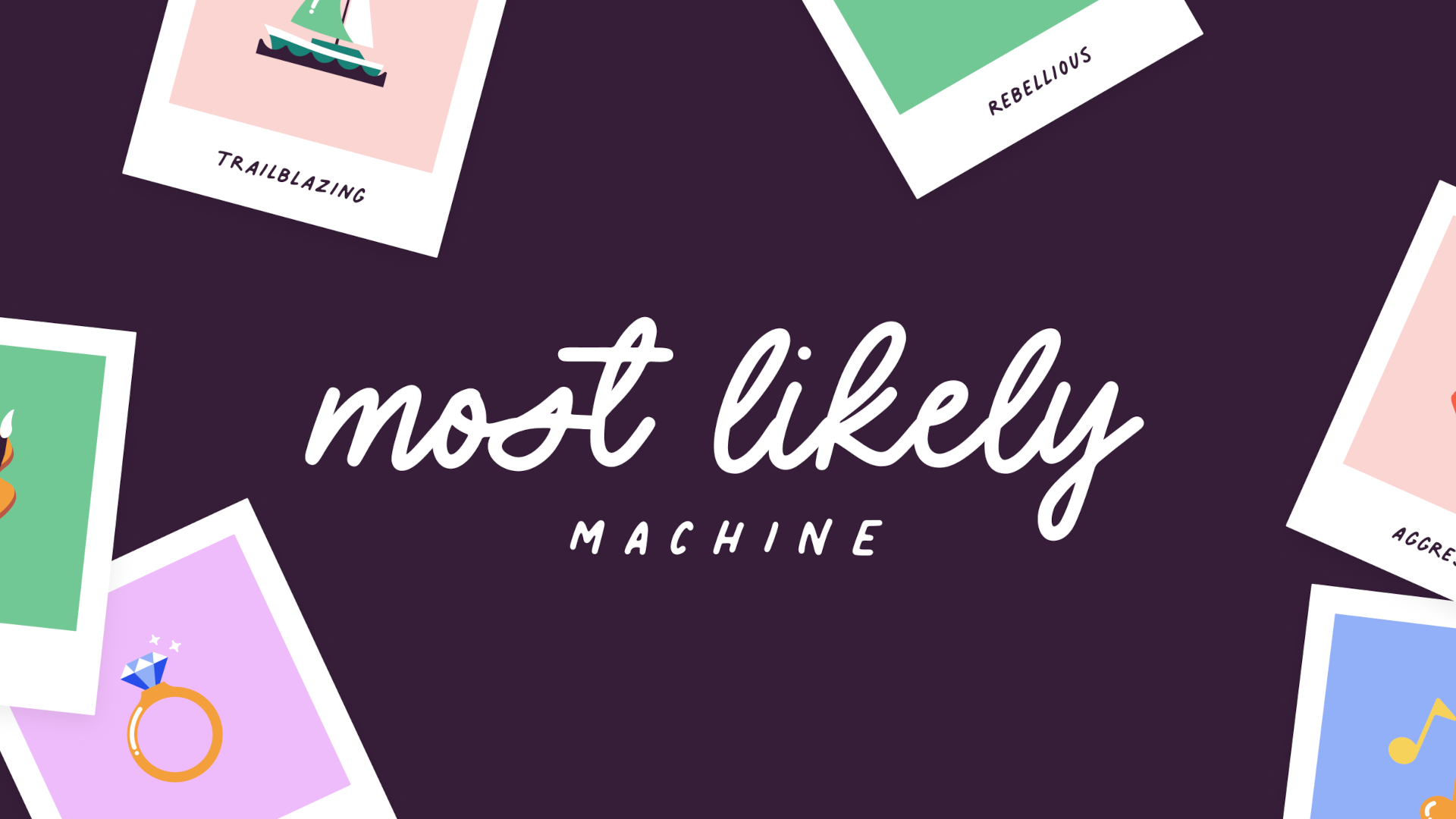Open-ended questions for higher level answers in Web 2.0
Tools and ideas to transform education. Sign up below.
You are now subscribed
Your newsletter sign-up was successful
Oftentimes teachers ask many closed-ended questions (lower level questions) about a learning goal and then they are surprised when they get lower level answers back. Close-ended question usually begin with question words like “Who…?” as in “Who invented the ….?”, “When ….?” as in “When did she invent …?, “Where….?” as in “Where is Spain? ” and “What …?” as in “What is the capital of New York?” In order to get higher level answers, one needs to ask big powerful questions. These questions can be essential or critical questions; they can be open-ended questions which have many possible correct answers. Open-ended questions often start with “Why….?” as in “Why do you think solar energy is better than water energy?”, “What..?” such as “What are the differences between ….?” and “How….?” such as “How are these two wars similar?” When students think there is only one right answer, they limit their thinking. Most real life problems do not have one right answer.
Here are some examples:
Texting in Social Studies:
Closed-ended question: What does “occupy” mean? There are a fixed number of answers. Once the students answer the question, they are done. They realize that the teacher has a specific definition in mind and they try to guess it.
Open-ended question: How are the “occupy” movements in the USA similar or different to the “occupy” movements in Europe? Students can answer this question in many different correct ways and, then, discuss their various answers. They widen their learning as they hear the different responses. They consider aspects they had not thought about.
Wiffiti in English:
Close-ended questions: Who did Don Quixote persuade to join him? The answer to this question is a factual answer. Once a student says the name of the person, he/she is done with learning.
Open-ended question: What would Don Quixote have to offer you for you to join him? Again, students will have a wide variety of correct answers. They see that the answer to this question goes far beyond the book. What do other people in your life offer you to join them? Do you join them? Open-ended questions lead to powerful answers about the learning goal and about life.
Tools and ideas to transform education. Sign up below.
Let’s ask open-ended higher level questions instead of closed-ended lower level thinking questions with our Web 2.0 tools.
Harry Grover Tuttle is a technology integration teacher and a district wide coordinator of technology at Onondaga Community College. He is also the author of several books on formative assessment.
